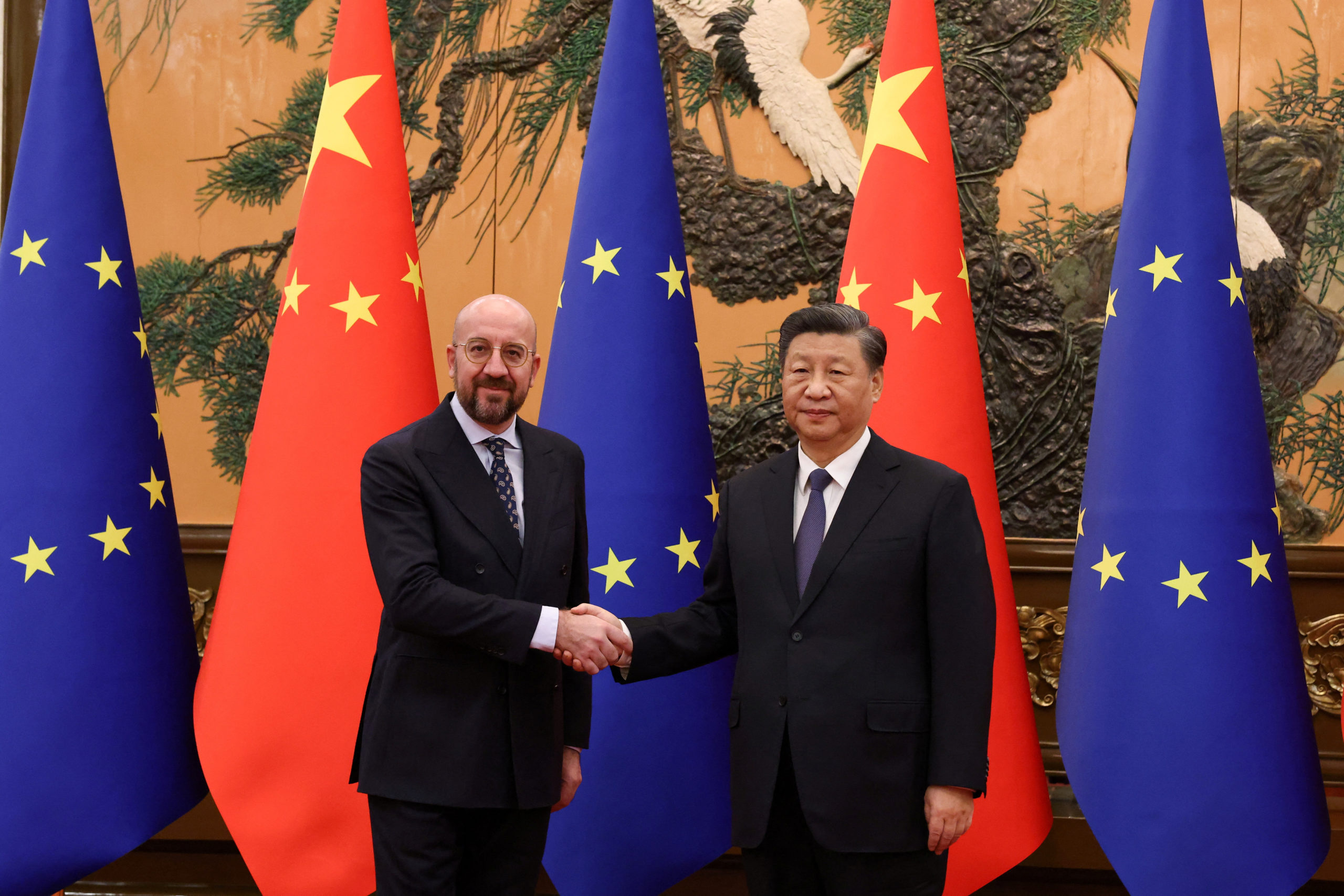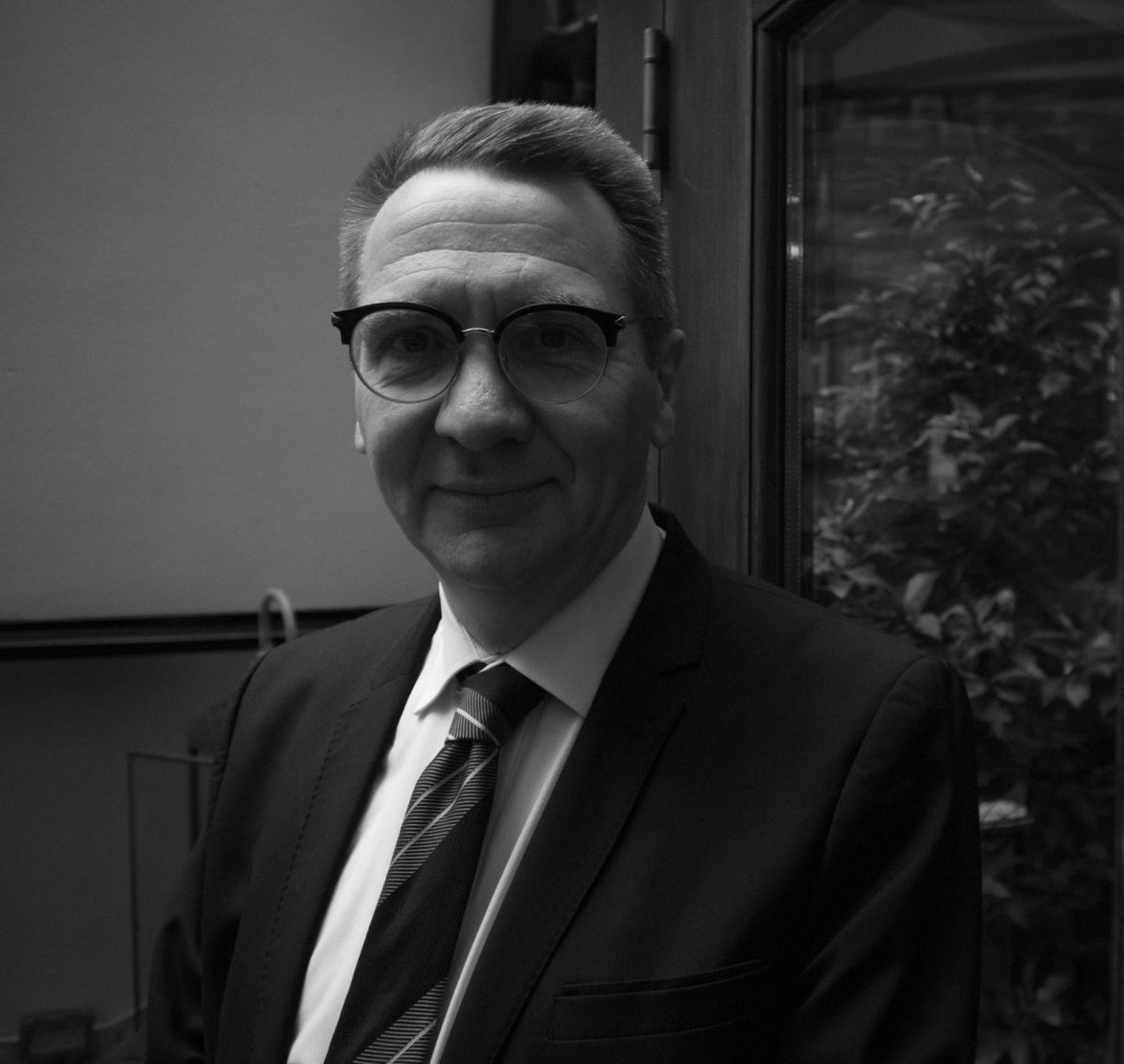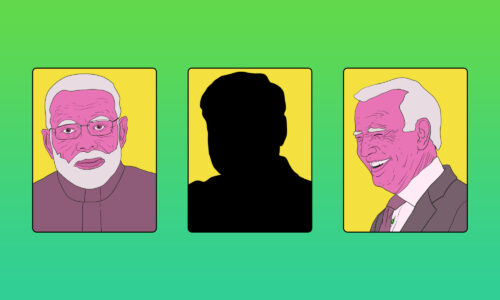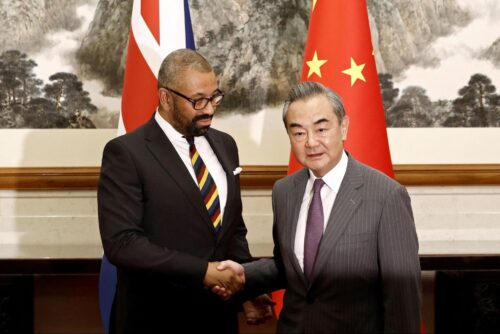“We’ve got the vaccines you need,” European leader tells Xi Jinping
In the face of social unrest, Europe is offering to help with China’s COVID battle but maintaining its stance on human rights.

European Council President Charles Michel says he sent two clear messages to Xí Jìnpíng 习近平 when he spoke to him in the Great Hall of the People in Beijing on December 1.
The first was that the “right to peaceful assembly is a fundamental right enshrined in the human declaration of human rights.”
The meeting took place against a background of unrest caused by China’s COVID-zero policy and resultant lockdowns, which have led to angry protests in 10 cities, including Beijing and Shanghai.
Michel’s second message was that Europe offers more effective vaccines than the domestically manufactured ones China is currently using to combat the virus, which is spreading at a rapid rate. Beijing has so far refused to approve foreign vaccines for mass use, preventing it from using the latest MRNA technology.
“We made it very clear that European companies are available to provide vaccines, if those vaccines will be agreed by the official authorities in China,” Michel said after his three-hour meeting with Xi and other senior Chinese leaders.
Xi says China is open for business but warns against decoupling
China also had two key messages for the European side: The first was that China is open for business and welcomes European investment. The second was that China will become less cooperative with the Europeans if they follow the Americans down the route of decoupling, thus thwarting China’s technological and economic development.
These points were expressed in the opaque jargon that is typical of the official communication from the CCP — and there was no explicit mention of the U.S. According to the Chinese foreign ministry readout, Xi said:
There are no strategic differences or conflicts of fundamental significance between China and the EU. China does not seek dominance or hegemony. China has never and will never export its system. China supports the EU’s strategic autonomy and supports a united and prosperous Europe. It is hoped that the EU institutions and Member States will gain an objective and right perception of China, firmly pursue peaceful coexistence and mutual benefit in their China policies, rise above the Cold War mentality and ideological antagonism, transcend confrontation of systems, and reject a new Cold War of whatever forms.
Will EU unity hold under pressure?
The meeting between Xi Jinping and Charles Michel took place more or less at the same time as a summit between the French President Emmanuel Macron and U.S. President Joe Biden at the White House: China was among the issues on their agenda. President Macron is also due to visit Beijing in January 2023, a few months after a trip to the city by German Chancellor Olaf Scholz.
According to Politico, Macron wanted the pair to go together to meet Xi, but Scholz rejected the idea. This was good news for China, as it prefers to nurture its so-called “win-win” relationships with individual countries on a bilateral basis, rather than working through multilateral institutions such as the EU. Official European documents have stated that China is a “competitor” and a “systemic rival.”
Yuan Yang, a reporter for the Financial Times who was based in Beijing for many years, recently told The China Project’s Sinica Podcast that she believes China is “holding its breath” for European unity to fall apart:
There’s an attitude of wariness about the durability of European unity over Ukraine. One scholar told me that Chinese diplomats are visiting European countries, not to have formal meetings with their opposite sides, but to gather information on essentially how far the European unity project can go and how disgruntled the Europeans are at the start of this long winter that’s ahead of us. The Chinese aim to test the hypothesis that Europe will eventually crumble because of its problems with imports of energy and grain.
Europe can’t really agree on what to do about China
As a former prime minister of Belgium, Michel has an ear for the smaller countries in the EU, and tries to represent them on official trips abroad, such as during his meeting with Xi.
This is no easy task, as there is a wide variation on views on China among the EU’s 27 member states. The Hungarian Prime Minister Viktor Orban, for example, often challenges the approach taken by other EU leaders towards China and Russia.
At one point, Italy was China’s closest friend in Europe and was on the verge of becoming a key partner in the Belt and Road Initiative. However, since the election victory of right-wing prime minister Giorgia Meloni in October, the coalition has become more wary of China.
In mid-November, Meloni met Xi on the sidelines of the G20 Summit in Bali. Yet at a meeting in Bucharest on November 30, the Italian foreign minister Antonio Tajani said, per the Financial Times: “To allow China to buy European infrastructure, that is a mistake. Probably it is good for China but not good for us. We are in a global situation…It is important also to have a stronger engagement in the Indo-Pacific. We need to protect our security.”
The American perspective
Tajani was among several European foreign ministers who gathered in Bucharest for a NATO summit on November 29-30, at which U.S. Secretary of State Antony Binken was the keynote speaker.
Blinken said that while NATO continues to be focused on maintaining unified support for Ukraine, its members also want to boost the alliance’s resilience by considering new challenges, including those posed by China. He said this would include protecting infrastructure and strategic industry from China, while using export controls to safeguard Western technology.
“There’s a recognition that there’s also, in many ways, what Europeans call a systemic rivalry between China and many of our countries,” Blinken said. “But there’s also a recognition that wherever possible, we have to find ways to cooperate on the really big issues.”






